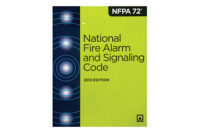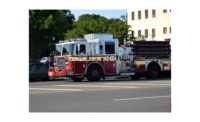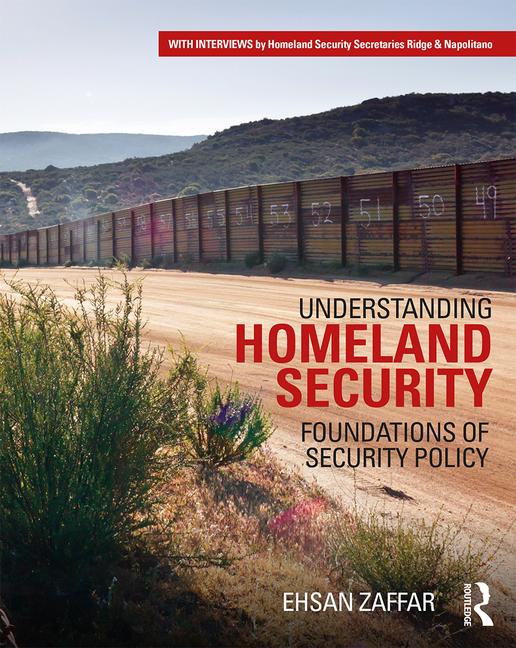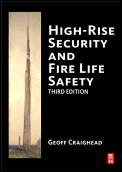The Calgary Police Service approved a phased-in approach to revise its current Alarm Services Bylaw, which details how and when officers will respond to alarm calls. The changes, which took effect in May of this year, mean that Calgary 911 will no longer dispatch calls on “1-hit” alarm activations, where only one zone has been activated in a premise. Alarm agencies also are now required to conduct enhanced call verification where attempts must be made to contact at least two key holders prior to contacting police, according to the police service.
“All calls involving panic, hold-up or duress alarms, and any verified valid alarm activations will still be attended to by police,” noted Alison Turgeon, alarm coordinator with the Calgary Police Service in a statement.
A second phase will be brought in during the second half of 2016, where Calgary 911 will no longer dispatch calls to premises where no alarm permit exists, the permit is suspended, the call for service is within 14 days of installation, or the alarm agency is not properly licensed. At the time of publication, however, Turgeon told
Professional Security Canada that an exact effective date was unavailable, though the police service will make an effort to give alarm companies sufficient notice of the implementation. Alarm calls also will no longer be dispatched for commercial premises during regular business hours, as indicated on the registered alarm permit.
In addition, with the second phase of the bylaw, the Calgary Police Service plans to implement a fee for residential and commercial alarm system permits that will require an annual renewal.
Recommendations are being considered for the new false alarm penalty structure that will hold permit holders and alarm agencies more accountable when police are asked to attend alarm calls.
“Changes to the dispatch criteria will make for more efficient use of police resources and will better align Calgary with models for how alarm calls are responded to by other police services in major centres across Canada and North America,” Turgeon said. “We anticipate that Calgary will see improved call response times with a focus on responses to valid alarm activations and priority calls, with no increased risk to the public.”






